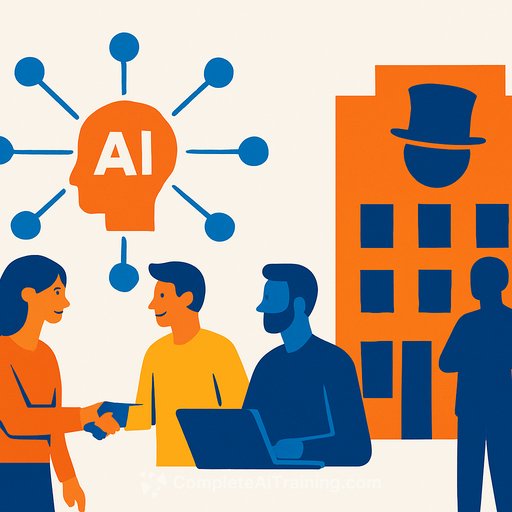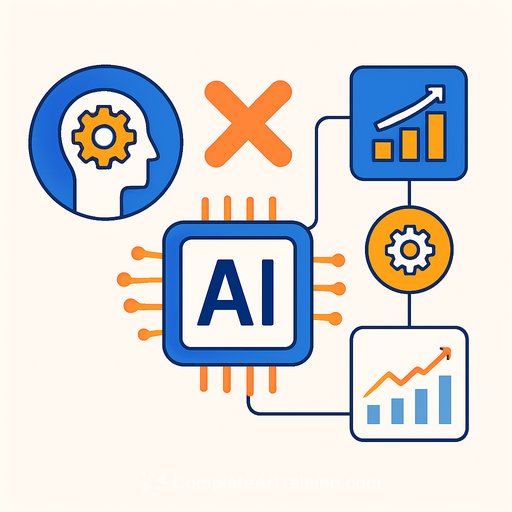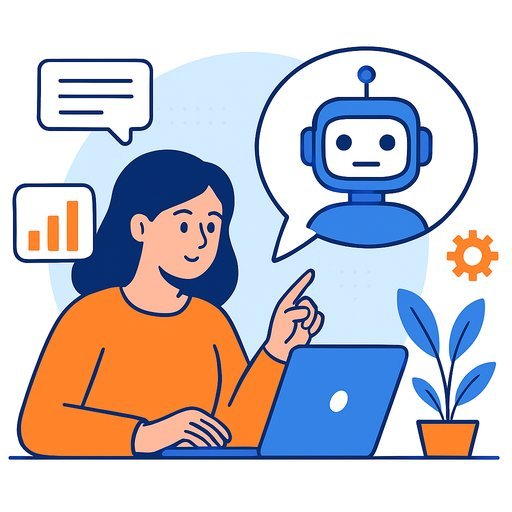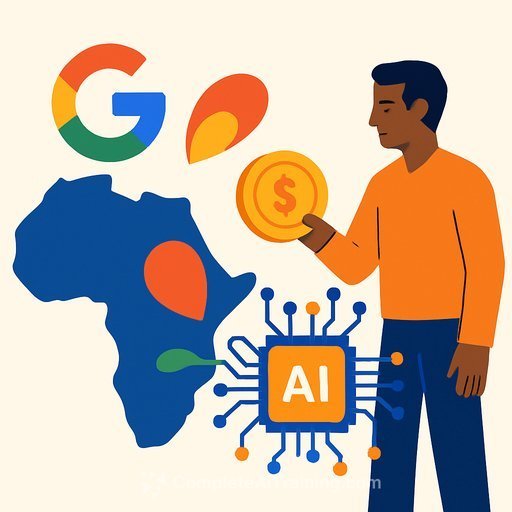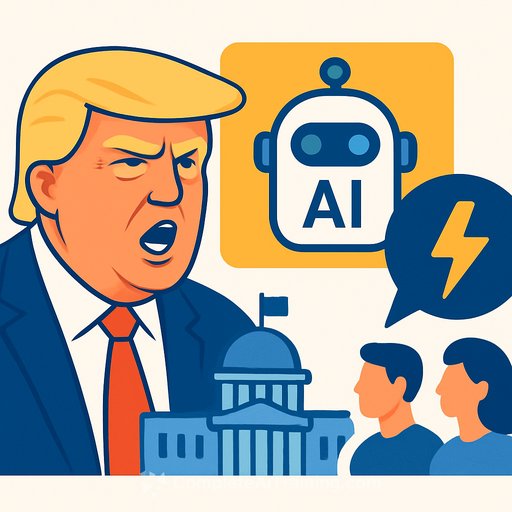AI’s Development Isn’t a Solo Mission for Big Tech
The relationship between Big Tech and smaller players in the AI industry has grown tense, driven by competition over resources and innovation speed. Startups often face significant challenges due to limited access to computing infrastructure and market influence. The current AI landscape is dominated by the "magnificent seven," including Google, Microsoft, and Amazon, which control much of the infrastructure that powers AI worldwide.
However, there's a rising push for decentralized AI to break this reliance on Big Tech monopolies. Dependence on a few giants risks consolidating control, yet excluding them altogether could slow progress. Balancing this dynamic is crucial to avoid stifling innovation or allowing narrow interests to dictate AI’s future.
The Uneven AI Battlefield
Over 72% of businesses now use at least one AI feature, embedding the technology deeply into the economy. But behind these tools lies a massive demand for computing power, data, and energy—resources often out of reach for smaller firms.
For instance, Meta secured 1.1 gigawatts of carbon-free power from the Clinton Clean Energy Center, enough for its AI operations for 20 years. Similarly, Google plans to invest $25 billion in data centers and AI infrastructure across the PJM electric grid, which spans 13 states. These moves solidify AI’s central role but also raise questions about who controls its direction.
When access to compute, energy, and infrastructure is centralized, so is the power to decide which AI problems get solved and who benefits.
Decentralized AI as an Alternative
Decentralized AI offers startups and smaller players better access to AI resources. Similar to how decentralized finance disrupted traditional banks by removing middlemen, decentralized AI challenges Big Tech’s control by distributing workloads across multiple nodes.
- It enhances privacy by limiting data exposure.
- Reduces the risk of system failures.
- Allows entrepreneurs, researchers, and individuals to tap into AI models and computing power without locking into a single provider.
Gensyn, for example, is a decentralized machine learning protocol that lets developers train deep learning models using a network of connected devices, turning them into a virtual cluster. This setup offers a cost-effective, resilient alternative to centralized cloud providers.
Big Tech undeniably propels AI forward, but decentralized AI promotes a more open, diverse future. For AI to stay relevant and impactful, it must avoid being shaped by narrow agendas or concentrated control.
A Balanced and Sustainable AI Ecosystem
Relying solely on centralized or decentralized AI models won't deliver an equitable future. Each model serves unique and essential purposes.
Big Tech’s massive investments and R&D have driven AI to its current state. At the same time, many innovations originate from smaller, independent teams. Startups frequently pioneer new models and efficient techniques but often gain recognition only after acquisition by larger companies.
Take Run: AI, a startup that created a platform to optimize AI workloads across GPUs. Nvidia acquired it in December 2024, validating its value but also illustrating how startups are often acknowledged retrospectively.
The goal isn’t to sideline Big Tech but to curb monopolistic tendencies. Without external checks, their dominance will grow unchecked. Encouraging governments, universities, and independent groups to invest in decentralized, open-source AI could foster a resilient ecosystem that benefits everyone, including Big Tech.
For IT and development professionals aiming to stay ahead, understanding these dynamics is vital. Exploring decentralized AI frameworks alongside traditional infrastructure can open new opportunities. To deepen your AI expertise, consider checking out latest AI courses tailored for developers and tech specialists.
Your membership also unlocks:

